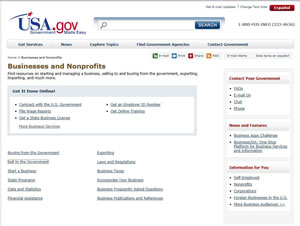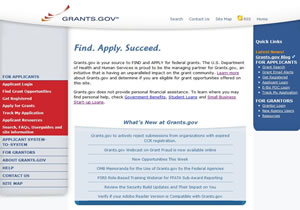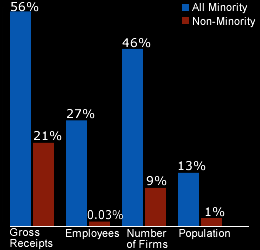 CASH VS. ACCRUAL
CASH VS. ACCRUAL
Every business taxpayer is required to have an accounting method to report income and expenses. The two most commonly used methods are cash and accrual. Once you choose your accounting method, you must follow it consistently. Generally, you may not change your method of accounting unless you obtain permission from the IRS.
CASH METHOD
Due to its simplicity, the cash method is a popular choice for small businesses. To determine gross income, add up the cash, checks, and fair market value of property and services you receive during the year.
If you receive a check on December 28, 2011, but decide not to cash or deposit it until after December 31, 2011, you must still count the check as income in the year you received it.
Business expenses are usually deducted in the year they are paid. For example, you order office supplies in October 2011 and they arrive in December 2011. You send a check to pay for them in January 2012. Under the cash method, you should claim that business expense deduction on your 2012 tax return because that is the year you paid for the supplies. Certain businesses cannot use the cash method. In addition, special rules apply for the accounting of inventory.









 “Myths” and “urban legends” persist in the public’s perception despite their obvious misinformation. This is true in the small business arena as well as in other facets of life.
“Myths” and “urban legends” persist in the public’s perception despite their obvious misinformation. This is true in the small business arena as well as in other facets of life. USA.gov
USA.gov Grants.gov
Grants.gov The 8(a) Business Development Program is a business assistance program for small disadvantaged businesses. The 8(a) Program offers a broad scope of assistance to firms that are owned and controlled at least 51% by socially and economically disadvantaged individuals.
The 8(a) Business Development Program is a business assistance program for small disadvantaged businesses. The 8(a) Program offers a broad scope of assistance to firms that are owned and controlled at least 51% by socially and economically disadvantaged individuals. CASH VS. ACCRUAL
CASH VS. ACCRUAL

